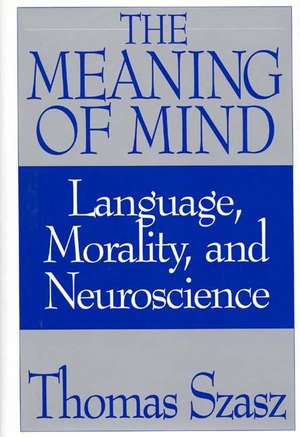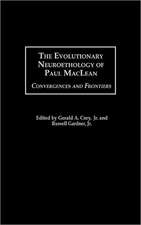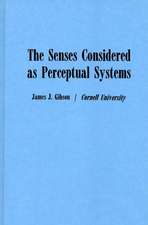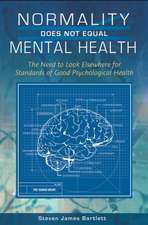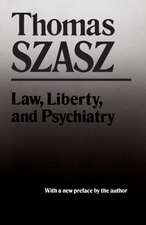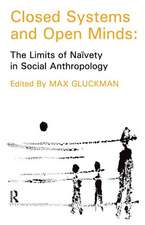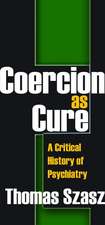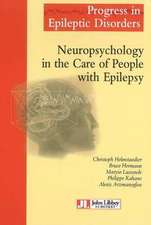The Meaning of Mind: Language, Morality, and Neuroscience
Autor Thomas Szaszen Limba Engleză Hardback – 29 sep 1996 – vârsta până la 17 ani
Preț: 365.49 lei
Preț vechi: 502.62 lei
-27% Nou
Puncte Express: 548
Preț estimativ în valută:
69.94€ • 72.15$ • 58.36£
69.94€ • 72.15$ • 58.36£
Carte tipărită la comandă
Livrare economică 27 martie-10 aprilie
Preluare comenzi: 021 569.72.76
Specificații
ISBN-13: 9780275956035
ISBN-10: 0275956032
Pagini: 200
Dimensiuni: 156 x 235 x 22 mm
Greutate: 0.54 kg
Ediția:New.
Editura: Bloomsbury Publishing
Colecția Praeger
Locul publicării:New York, United States
ISBN-10: 0275956032
Pagini: 200
Dimensiuni: 156 x 235 x 22 mm
Greutate: 0.54 kg
Ediția:New.
Editura: Bloomsbury Publishing
Colecția Praeger
Locul publicării:New York, United States
Notă biografică
THOMAS SZASZ, Professor of Psychiatry Emeritus at the State University of New York Health Science Center in Syracuse, New York, is the author of 23 books, among them the classic, The Myth of Mental Illness (1961), and Our Right To Drugs (Praeger, 1991).
Cuprins
PrefaceThought: Self-ConversationResponsibility: Self-Blame and Self-PraiseMemory: Fabricating the Past and the FutureBrain: The Abuse of NeuroscienceMind: The History of an IdeaMental Illness and Mental Treatment: Modernity's Master MetaphorsEpilogue: The Person as Moral AgentReferencesBibliographyName IndexSubject Index
